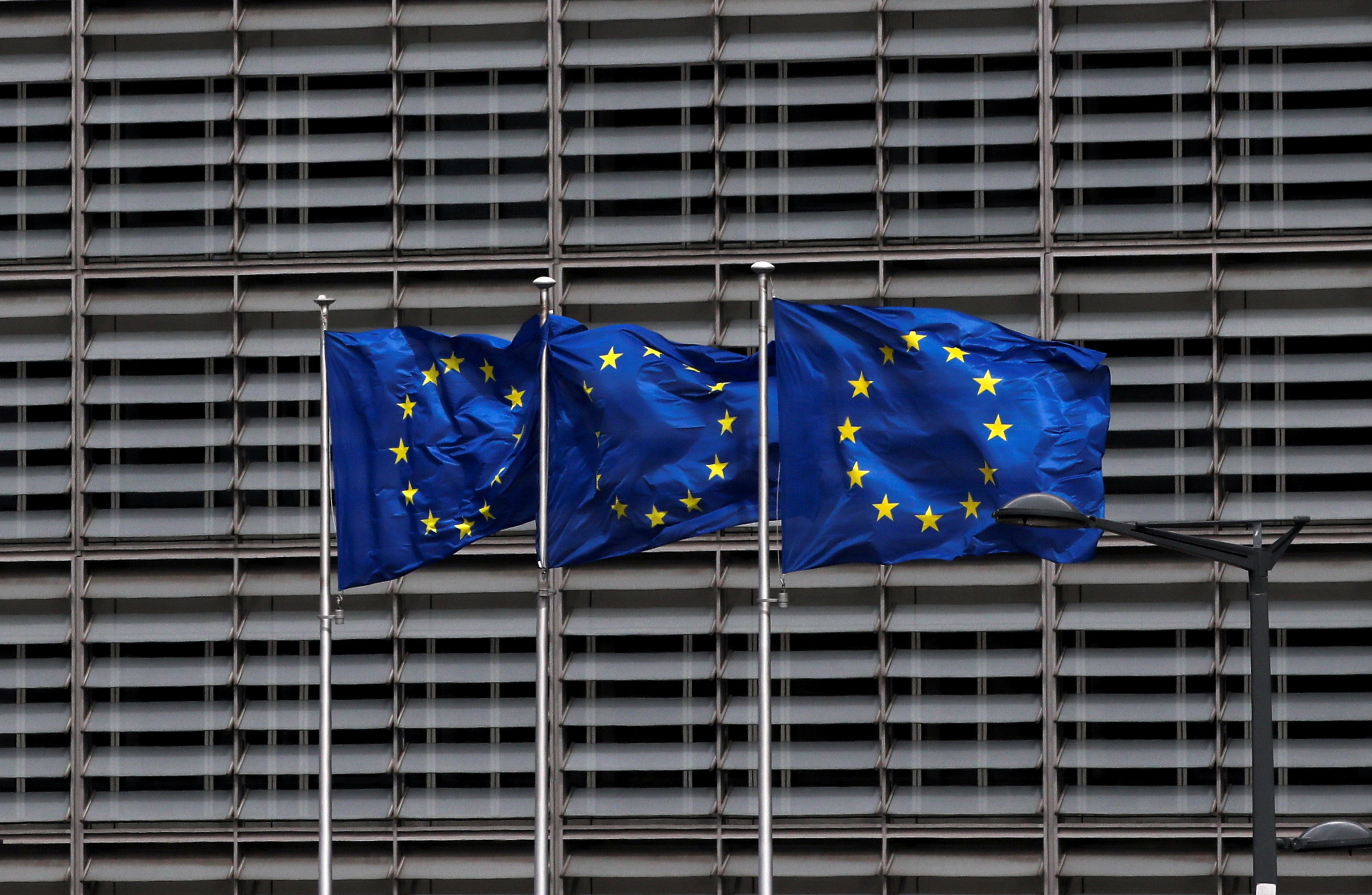EU Imposes Stricter Sanctions on Russia and Belarus, Affecting the Healthcare Sector

**EU Imposes Stricter Sanctions on Russia and Belarus, Affecting the Healthcare Sector**
In response to the ongoing geopolitical tensions and military aggression by Russia in Ukraine, the European Union (EU) has implemented a series of increasingly stringent sanctions targeting both Russia and Belarus. While these sanctions have primarily focused on financial, energy, and defense sectors, the latest round of measures has extended to the healthcare sector, raising concerns about the potential humanitarian impact and the broader implications for global healthcare supply chains.
### Overview of the Sanctions
The EU’s sanctions against Russia and Belarus have been progressively tightened since the invasion of Ukraine in February 2022. The most recent sanctions package, announced in late 2023, includes restrictions on the export of medical equipment, pharmaceuticals, and other healthcare-related goods to both countries. These measures are part of a broader strategy to weaken the economic and technological capabilities of Russia and Belarus, while simultaneously pressuring their governments to cease military operations in Ukraine.
The healthcare-related sanctions include:
1. **Export Bans on Medical Equipment**: The EU has restricted the export of advanced medical devices and equipment, including diagnostic tools, surgical instruments, and high-tech medical machinery such as MRI scanners and ventilators. These restrictions are aimed at limiting the ability of Russia and Belarus to maintain and modernize their healthcare infrastructure.
2. **Pharmaceutical Export Controls**: Certain categories of pharmaceuticals, particularly those with potential dual-use applications (i.e., drugs that could be repurposed for military or chemical warfare), are now subject to export controls. This includes some antibiotics, vaccines, and chemical compounds used in drug manufacturing.
3. **Research and Development (R&D) Collaboration**: The EU has also suspended joint healthcare research projects with Russian and Belarusian institutions. This includes collaborations in fields such as biotechnology, medical research, and clinical trials, which could have long-term consequences for innovation in healthcare.
4. **Financial Sanctions on Healthcare Companies**: Several Russian and Belarusian pharmaceutical and medical companies have been added to the EU’s sanctions list, restricting their access to European markets and financial services. This includes freezing assets and banning transactions with EU-based entities.
### Impact on the Healthcare Sector in Russia and Belarus
The healthcare systems in Russia and Belarus are already facing significant challenges due to the war, economic instability, and the COVID-19 pandemic. The new sanctions are expected to exacerbate these difficulties, particularly in terms of access to advanced medical technologies and essential pharmaceuticals.
1. **Shortages of Medical Equipment**: The restrictions on medical equipment exports are likely to lead to shortages of critical devices in hospitals and clinics across Russia and Belarus. This could affect the ability of healthcare providers to deliver high-quality care, particularly for patients requiring specialized treatments such as cancer therapies, dialysis, or intensive care.
2. **Pharmaceutical Supply Chain Disruptions**: While the sanctions do not target basic medicines, the restrictions on certain pharmaceuticals and raw materials could disrupt the supply chain for more complex drugs. This could lead to delays in the production and distribution of essential medications, including those used to treat chronic conditions like diabetes, cardiovascular diseases, and autoimmune disorders.
3. **Impact on Public Health**: The combination of equipment shortages and pharmaceutical supply chain disruptions could have serious public health implications. Vulnerable populations, including the elderly, children, and those with pre-existing health conditions, are likely to be the most affected. The potential for a decline in healthcare standards could also lead to increased mortality rates and a rise in preventable diseases.
4. **Brain Drain in the Healthcare Sector**: The sanctions on research collaboration and the broader economic instability may prompt an exodus of healthcare professionals from Russia and Belarus. Doctors, researchers, and medical students may seek opportunities abroad, further weakening the healthcare systems in both countries.
### Humanitarian Concerns
The extension of sanctions to the healthcare sector has sparked debate over the potential humanitarian consequences. Critics argue that healthcare should be exempt from sanctions, as access to medical care is a fundamental human right. They warn that the restrictions could disproportionately affect ordinary citizens, particularly those who are already vulnerable due to the war and economic hardships.
In response, the EU has emphasized that the sanctions are carefully targeted to minimize harm to civilians. Essential medicines, such as those used to treat life-threatening conditions, are exempt from the export bans. Additionally, humanitarian aid organizations are still permitted to deliver medical supplies to Russia and Belarus, provided they comply with the relevant regulations.
However, the situation remains complex, as the logistical challenges of delivering aid to conflict zones and the bureaucratic hurdles imposed by sanctions could still hinder the flow of medical supplies.
### Global Implications for Healthcare Supply Chains
The sanctions on Russia and Belarus could also have ripple effects on the global healthcare industry. Both countries are involved in the production of certain raw materials and active pharmaceutical ingredients (APIs) used in the manufacturing of generic drugs. Disruptions to these supply chains could lead to shortages or price increases for certain medications in other